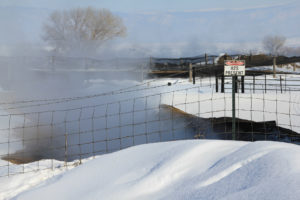
Waste Management Infrastructure
Storing, treating, and disposing of so much waste requires a variety of equipment and facilities, all of which can pose risks to the environment, health, and property.

Storing, treating, and disposing of so much waste requires a variety of equipment and facilities, all of which can pose risks to the environment, health, and property.
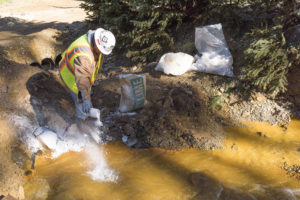
After the EPA required the mining industry to begin reporting its toxic releases, mining companies and the National Mining Association began fighting to eliminate or limit the public’s right to know about the mining industry’s toxic releases.
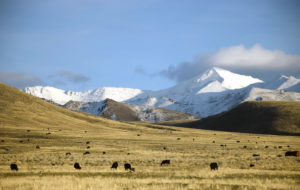
Surface damages legislation restores the balance between landowners and the oil and gas industry – and doesn’t curtail production or jobs.
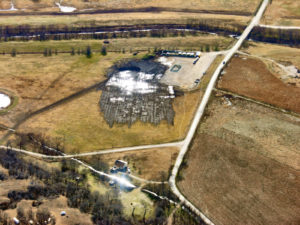
Many states allow “brine” (produced water) from conventional drilling operations to be spread on roads as a de-icer and dust suppressant. Brine can contain high levels of salt, chloride, and chemicals, which can pose risks to wildlife, vegetation, and drinking water.
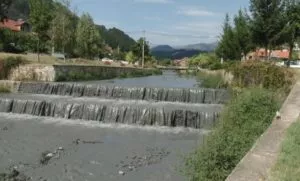
Tailings are the waste materials left after the target mineral is extracted from ore. They consist of crushed rock; water; trace quantities of metals such as copper, mercury, cadmium, zinc; and additives used in processing, such as petroleum byproducts, sulfuric acid and cyanide.
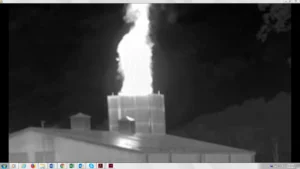
The oil and gas industry is the only industry in America that is allowed by EPA to inject known hazardous materials — unchecked — directly into or adjacent to underground drinking water supplies.